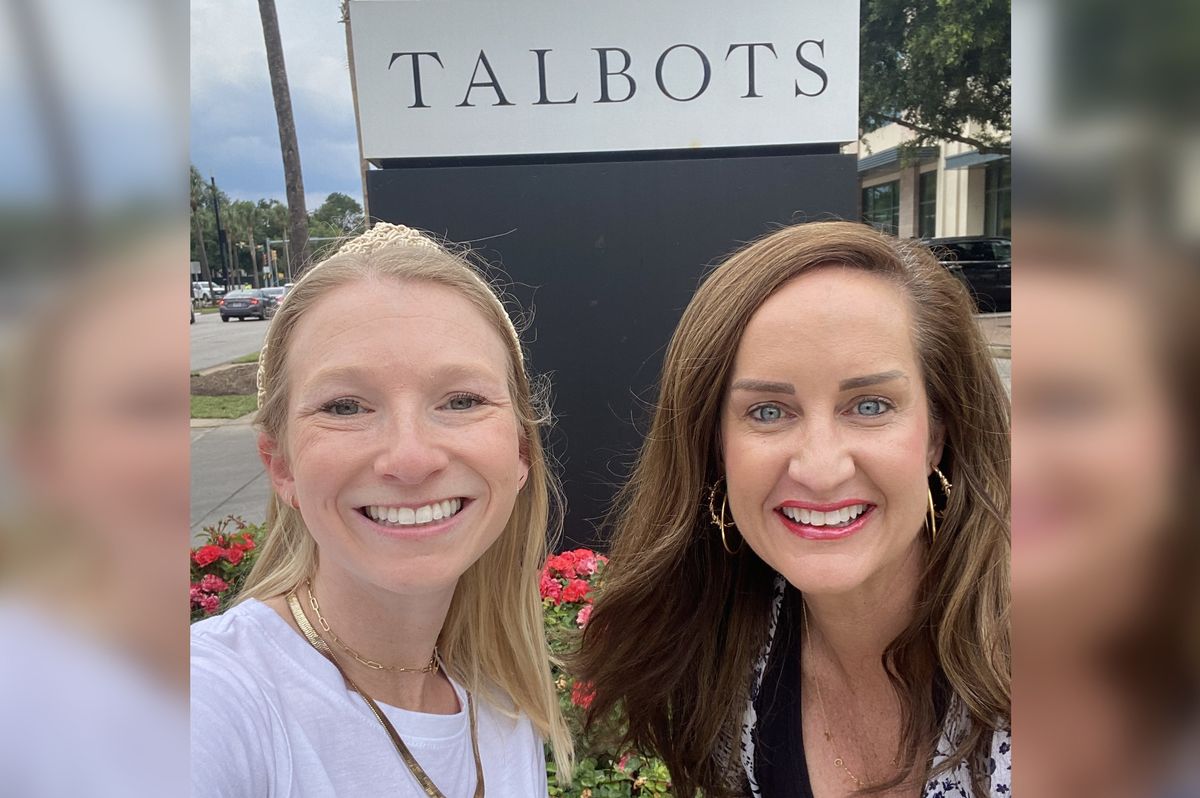Innovative Houston athleisure startup debuts in Talbots
ready-to-wear innovation
After a year of planning and behind-the-scenes work, the highly anticipated collaboration between local apparel brand Accel Lifestyle and Talbots has finally come to fruition.
Shoppers can now find Accel Lifestyle apparel — beloved for its eco-friendly, sustainable, antibacterial fabrics sourced made in the USA — on Talbot's website.
This partnership marks the first-ever collaboration for the athleisure brand of Talbots, T by Talbots. By teaming up with Accel Lifestyle, Talbots expands its product offerings and also provides its loyal, forward-thinking, and ethically minded customers with a new clothing option that perfectly fits with their values.
At the helm of Accel Lifestyle is founder Megan Eddings, whose background in chemistry ignited the creation of the brand's groundbreaking Prema fabric after one too many run-ins with foul-smelling gym clothes. Her proprietary fabric boasts a revolutionary antibacterial technology, rendering Accel Lifestyle's apparel supremely comfortable, high-quality, and remarkably odor-resistant. With this cutting-edge fabric, Accel Lifestyle firmly establishes itself as a trailblazer in the industry, setting new standards for functionality and style.
As CultureMap reported in 2019, Eddings's innovative work was rewarded with a partnership with Inc. Magazine, Houston billionaire Tilman Fertitta, and others.

"We are beyond elated about the Accel x Talbots launch," Eddings tells CultureMap." Amanda Cotler, Accel's Director of Operations, and I have been working on this opportunity for a year, and it feels incredible for the collaboration to be live. Our passions are textiles with technology and an ethical made-in-the-USA supply chain. To have a multi-billion dollar company like Talbots care about the same things brings us so much joy."
In addition to their remarkable achievements in fashion, Accel Lifestyle champions the power of women in STEM through their team's leadership and this collaboration. By showcasing the applications of science and technology within the realm of fashion, Accel Lifestyle and Talbots are spotlighting the remarkable potential within these fields.
With the Accel Lifestyle x Talbots collaboration in full swing, customers can expect an extraordinary fusion of sustainable fashion and impeccable style. The Accel Lifestyle collaboration features an Anti-Odor Power Tank and an Anti-Odor Timeless Tee. Both are available in colors black and white.
------
This article originally ran on CultureMap.



 Apple doubles down on Houston with new production facility, training center Photo courtesy Apple.
Apple doubles down on Houston with new production facility, training center Photo courtesy Apple.